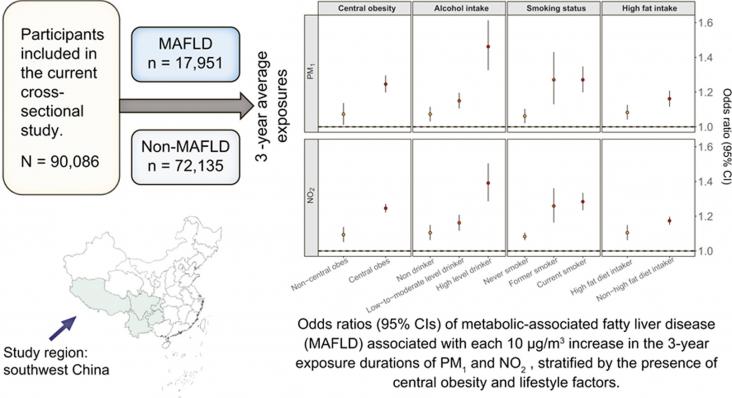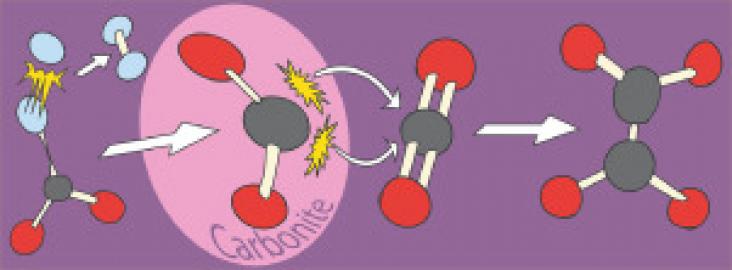A Correspondence on the contribution of national public health institutes to tackling the climate crisis, in the context of SDGs 9 and 13, highlighting the development of a roadmap serving to strengthen the role of these institutes in mitigation and adaption policies.

Telecommuting has become a dominant professional experience for many Canadian business and workers due to the COVID-19 pandemic. Telecommuting has several benefits that are separate from COVID-19.

Background & Aims: Accumulating animal studies have demonstrated the harmful contribution of ambient air pollution (AP) to metabolic dysfunction-associated fatty liver disease (MAFLD), but corresp
Bioactive Compounds of Winery by-products: Extraction Techniques and their Potential Health Benefits
Applied Food Research, Volume 2, Issue 1, 2022, 100058
Winery by-products used for health benefits.
This study supports SDG 3 and 13 by quantifying the risk and attributable burden of hospitalisations for renal diseases related to ambient temperature, showing that this risk was positively associated with daily mean temperature and was more prominent in women, children aged 0–4 years, and older people aged ≥80 years. The findings highlight the need for the development of more policies to prevent heat-related hospitalisations and to mitigate climate change.
This article supports SDG's 13 and 15 by discussing the main findings from the Special Issue on the impact of global changes on soil biodiversity: from fauna, to fungi, soil organisms and microorganisms.

This Comment article supports SDG 3, 13, and 17 by advocating the creation of a new model of multilateral governance on the basis of the experience gained in two other areas of global public goods governance—climate change and biodiversity.

Conversion of CO2 to valuable chemicals such as polymers via the electrochemical reduction of CO2 to formate followed by the formate to oxalate coupling reaction (FOCR) is an interesting concept to replace fossil feedstocks with renewable ones.
Of all the types of renewable energy, Renewable Natural Gas (RNG) market has been more supported and developed in Canada due to the lower project cost and the existing NG pipeline infrastructure.

